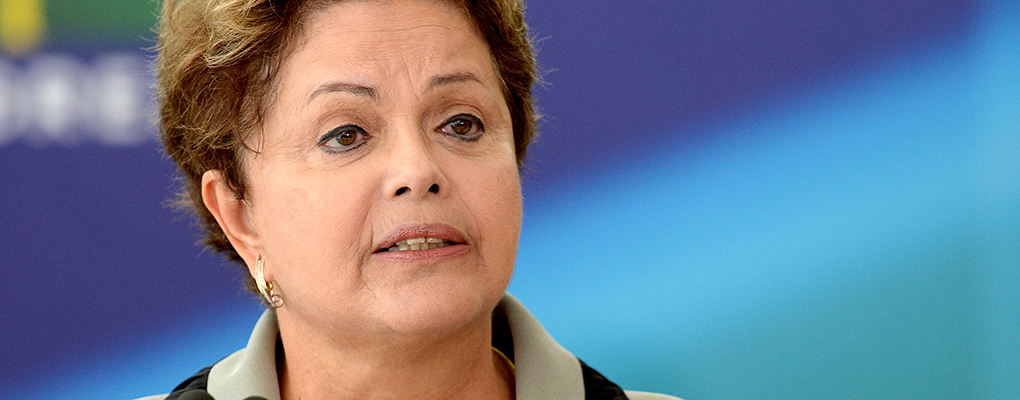
Ever since she scraped re-election in October, all eyes have been on Dilma Rousseff’s next move in anticipation of drastic fiscal reforms that would revive the nation’s economy. But it’s mixed messages all round from the Brazilian president, who has approved an $11.7bn loan to a state bank in the same breath as promising investors that tightening the government’s purse strings is her top priority.
Her critics were quick to voice their condemnation of the move
Rousseff has been widely criticised for her part in the deterioration of the Brazilian economy, which risks ending 2014 with its first annual primary deficit for two decades. Having recently appointed renowned fiscal hawk Joaquim Levy as finance minister, she pledged in a letter to investors: “Our new economic team will work to gradually but structurally lift our primary surplus so we can stabilise and reduce the public sector’s gross debt in relation to GDP.” She also said that the adoption of more market-friendly policies, and the implementation of measures to expand long-term credit from private sector banks – most notably to fund necessary infrastructure projects – are next on the agenda.
In spite of this, the transfer of 30bn reals ($11.7bn) to state development bank BNDES was approved by her government the following day. Naturally, her critics were quick to voice their condemnation of the move, claiming the loans have contributed to the country’s gross debt without stimulating the economy.
Brazil’s central bank has been unable to contain annual inflation within its target of 6.5 percent for the past two months, and it’s not showing any signs of slowing down. Growth predictions for 2015 are not much more promising than 2014, which is, at present, dangerously close to ending on zero.


